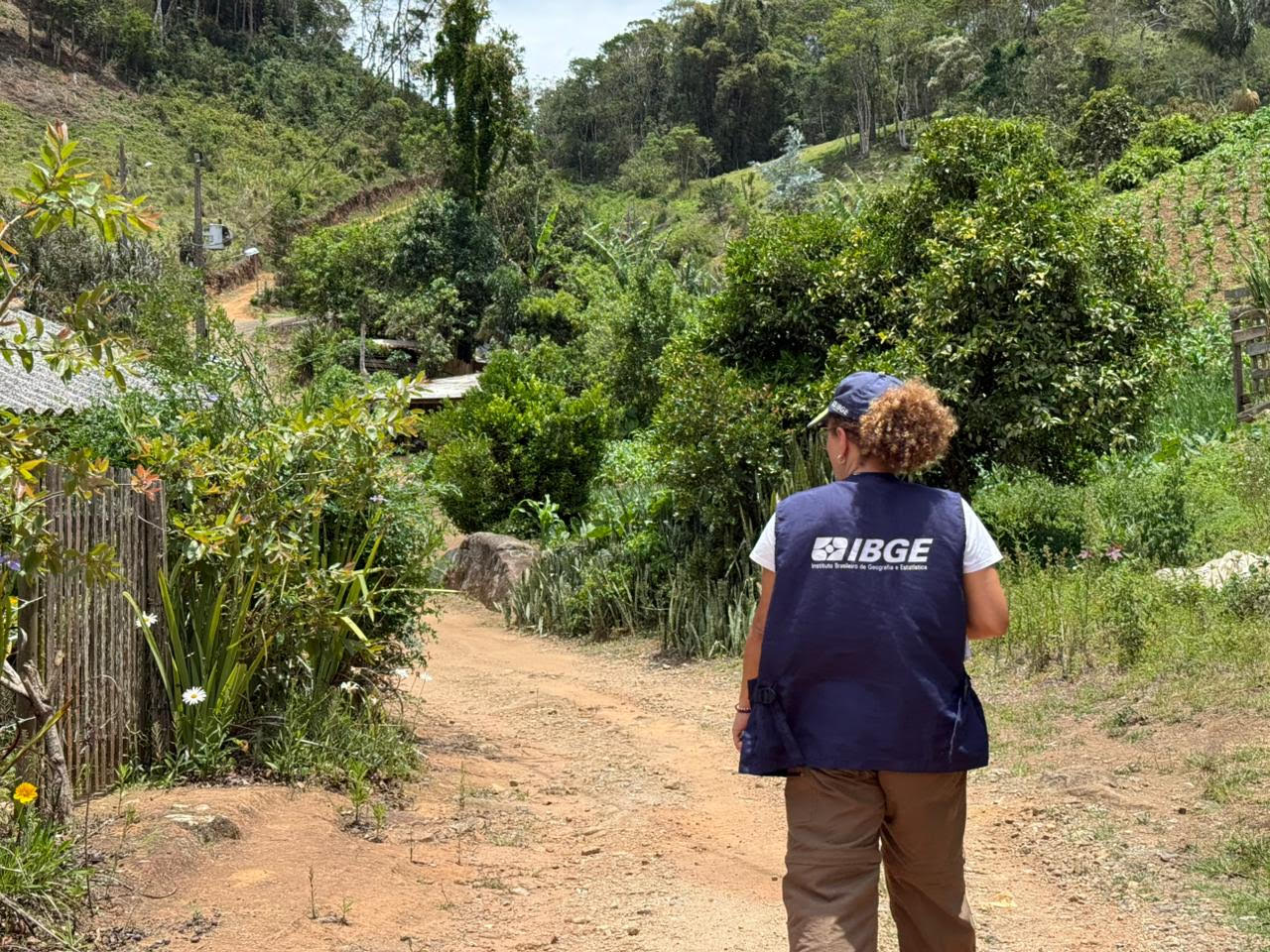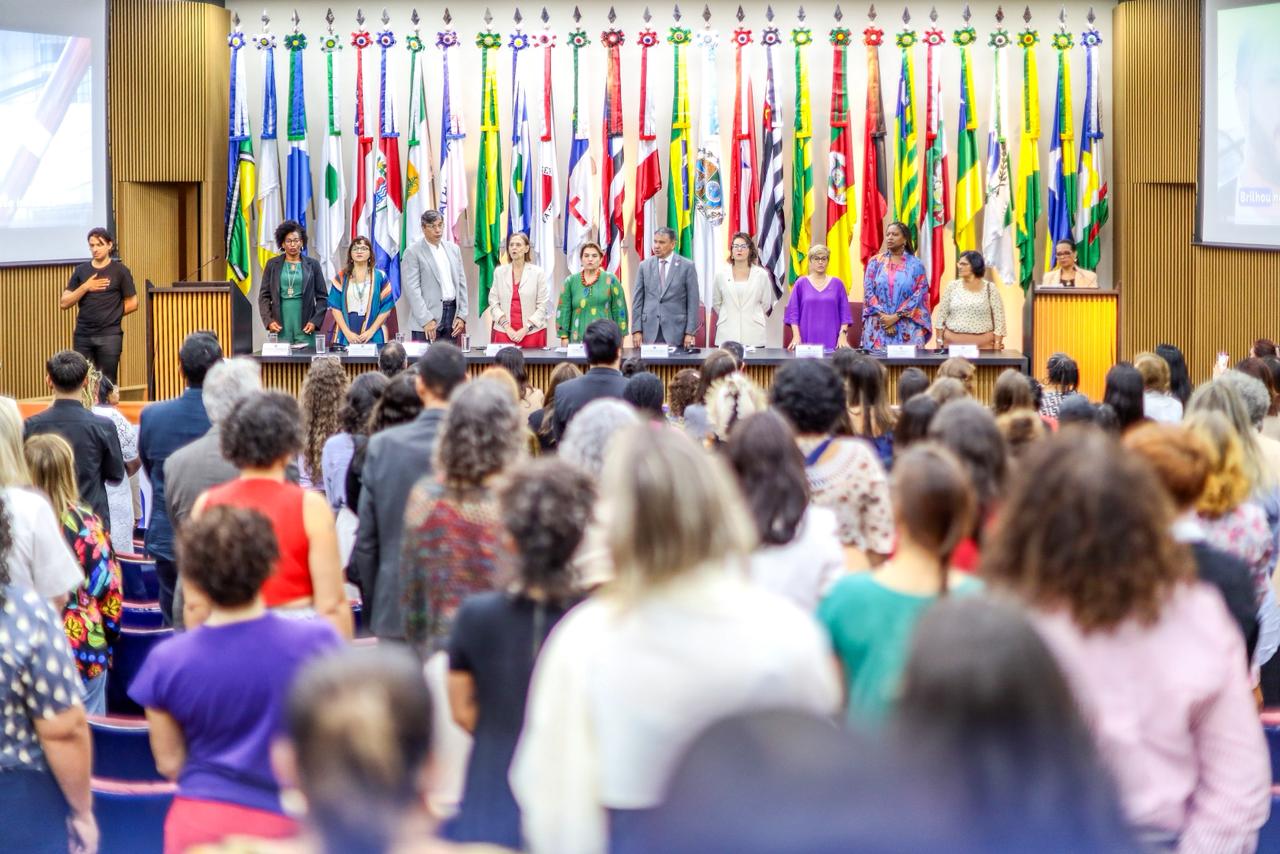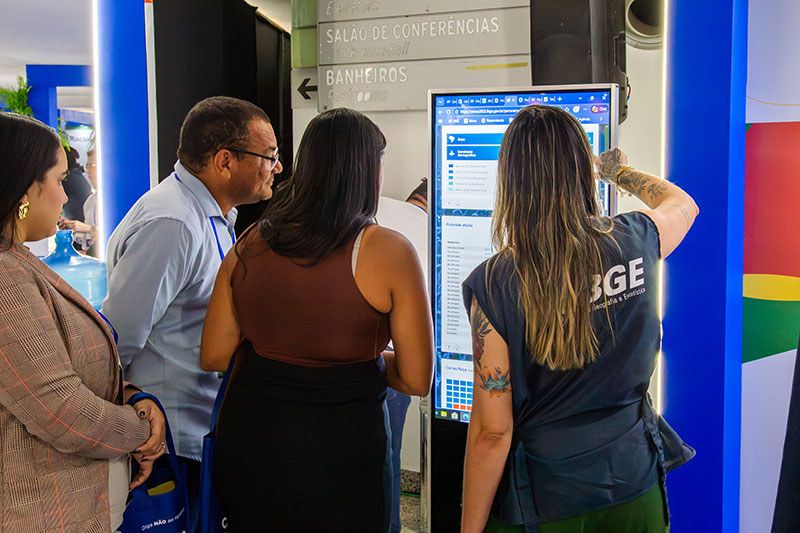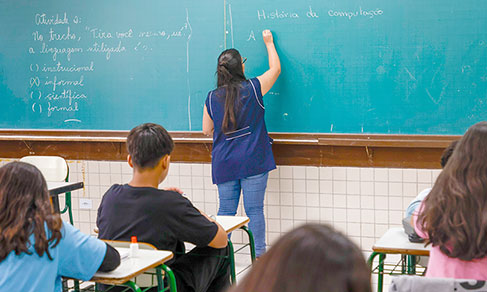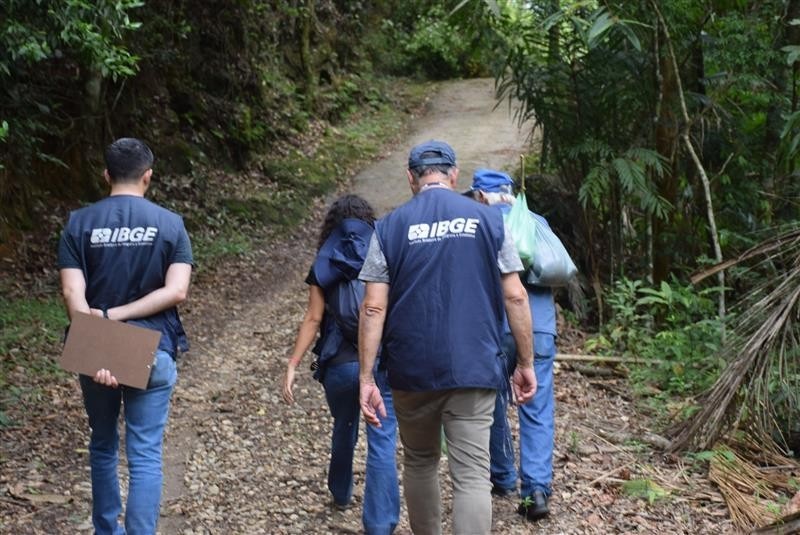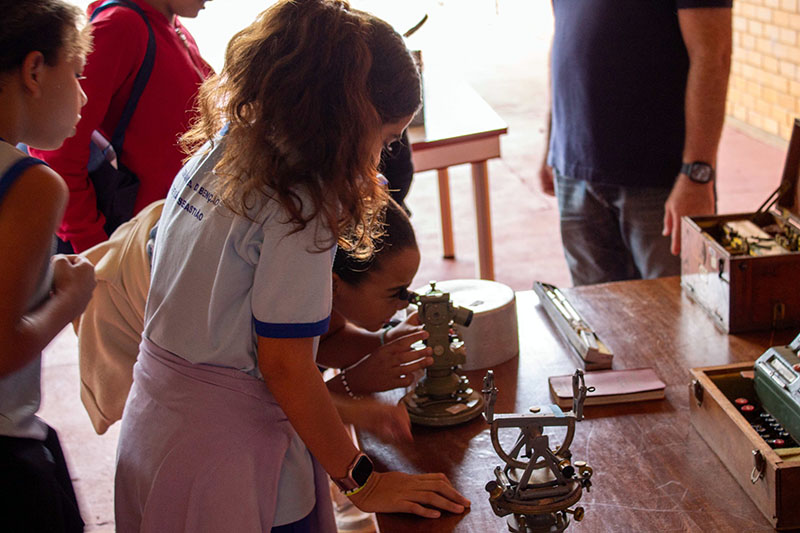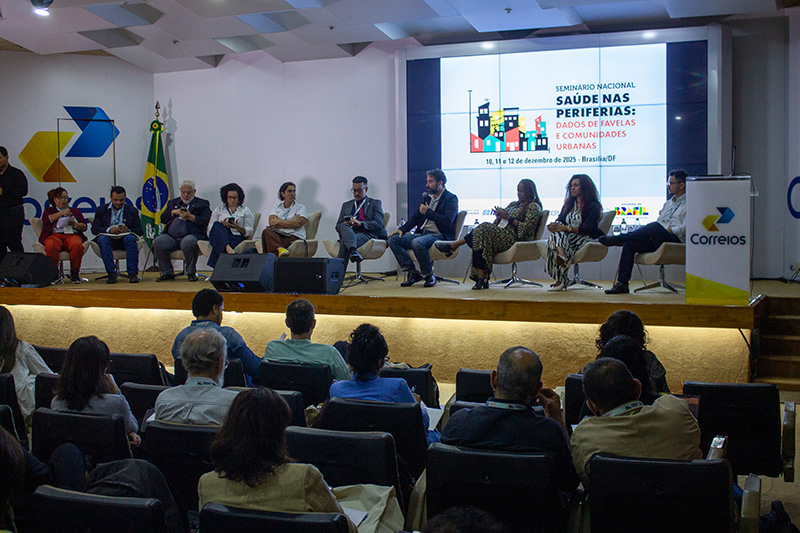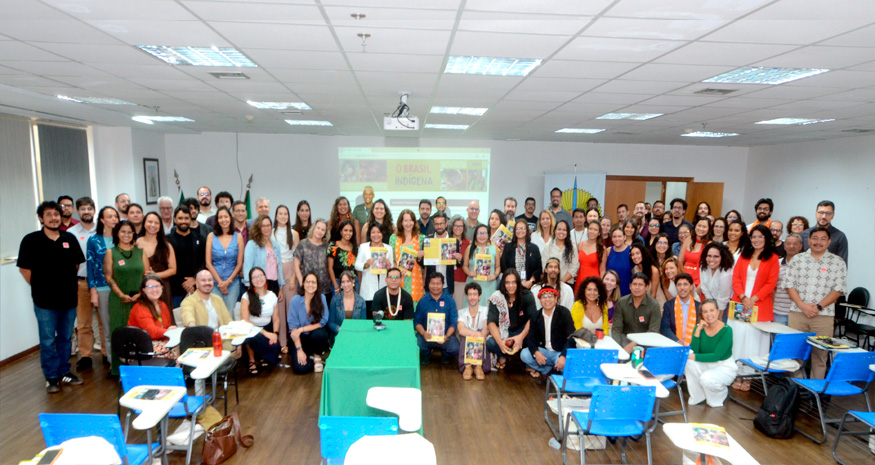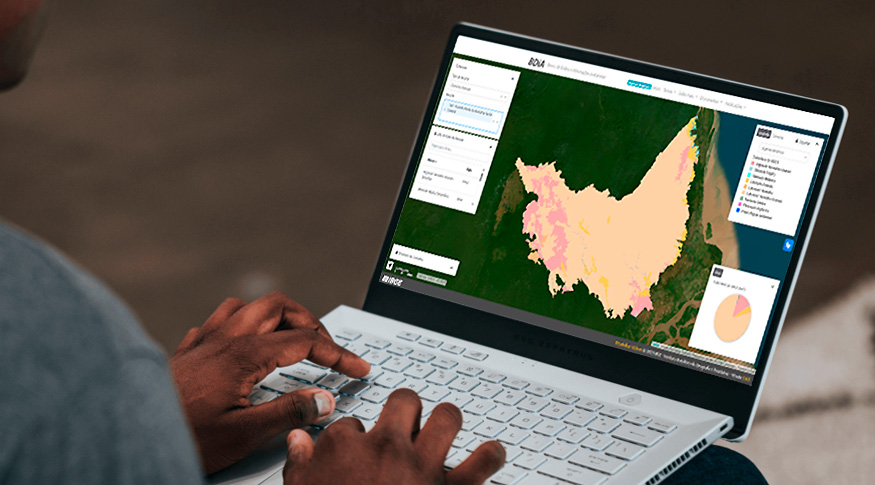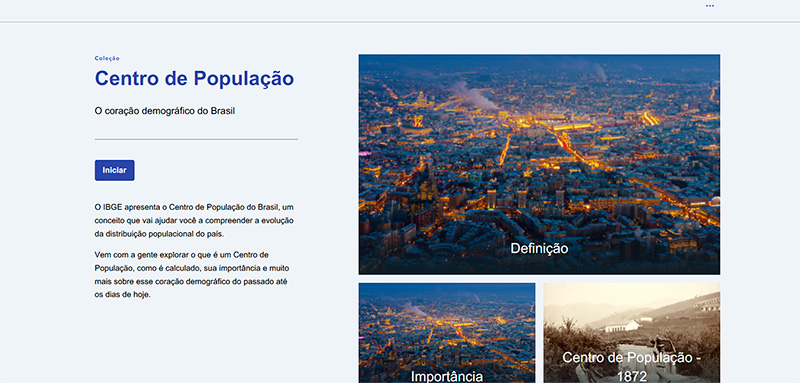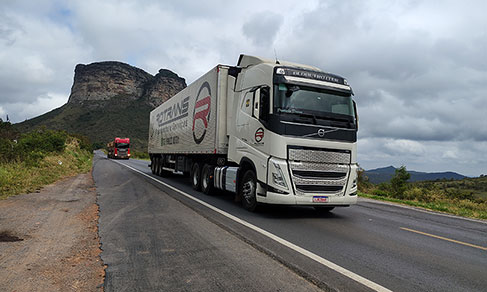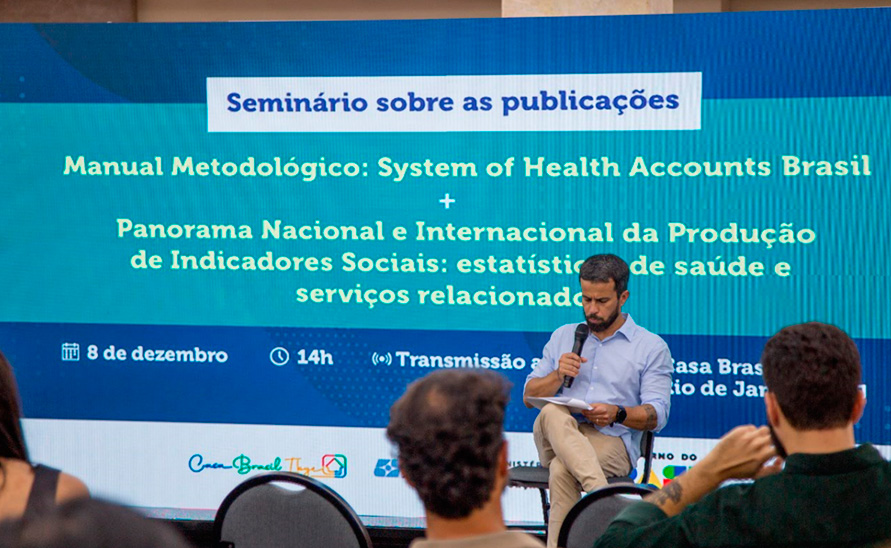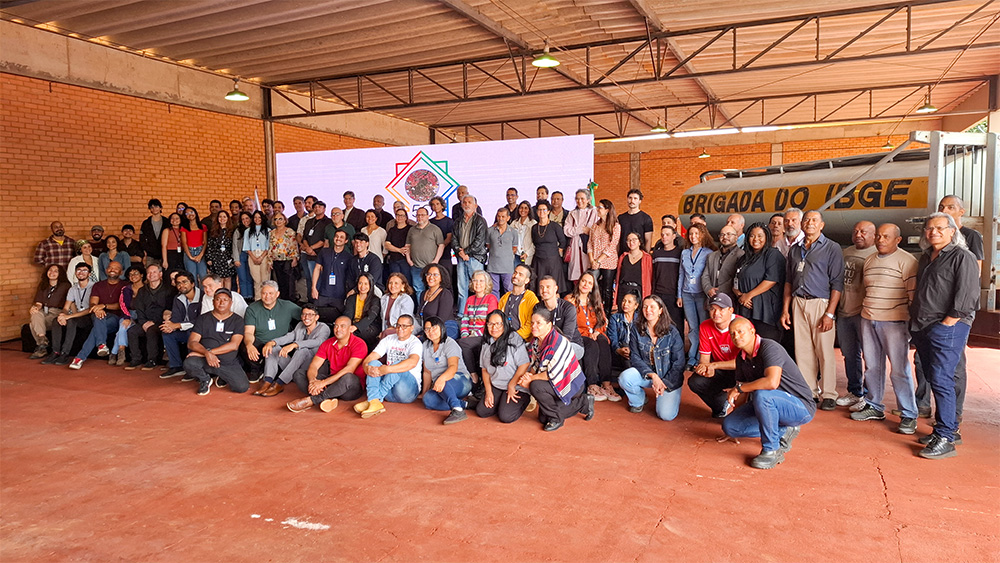CONFEST/CONFEGE
Digital Era Conference: Technology must contribute to better data quality, interoperability and comparability
July 31, 2024 05h04 PM | Last Updated: August 06, 2024 01h44 AM
Reaching better data, interoperability of databases and comparability of information are the aims of global efforts being made by National Statistical Offices in different countries and by bodies such as the Economic Commission for Latin America and the Caribbean - ECLAC and the United Nations Statistics Division – UNSD. Technology generates new opportunities for improvement, but a number of technical, financial and governance challenges remain. These were some of the topics approached on July 31, Wednesday, in the round table: Technology and Data, which opened discussions on the third day of the National Conference of Data Producers and Users - National Sovereignty in Geosciences, Statistics and Data: risks and opportunities for Brazil in the Digital Era (CONFEST/CONFEGE). The Conference is being promoted by the IBGE in order to establish a debate about the National System of Geosciences, Statistics and Data (SINGED) and will last up to Friday, August 2, at the Maracanã Campus of the State University of Rio de Janeiro (UERJ), a partner of the Institute in this event.
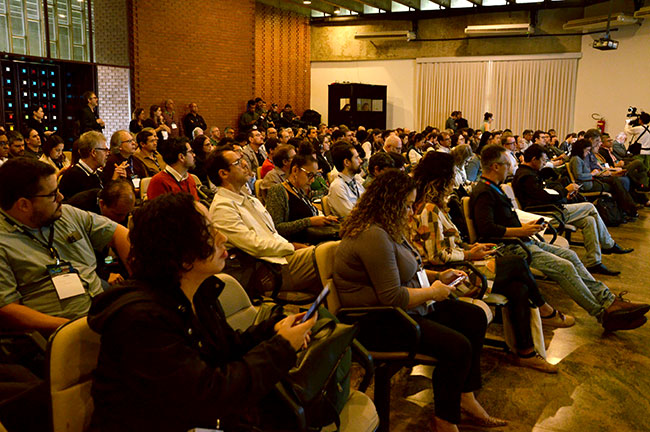
Opening the round table, the Director of Geosciences at the IBGE, Ivone Lopes Batista, emphasized that the world is getting more and more digital and governments are dealing with massive and growing volumes of data from different sources, so the compatibility and sharing of data is crucial. In this regard, a data infrastructure that contributes to operational efficiency and limiting redundancies, optimizing processes and reducing costs is what is aimed for. "Today, decentralized production in many institutions creates situations of data redundancies and operational and processing costs in each institution. In this context, it is important to discuss the use of concepts and resources such as big data, new integration architecture models, interoperability parameters, data science, artificial intelligence, free software and greater automation of processes and services", said the director of geosciences.
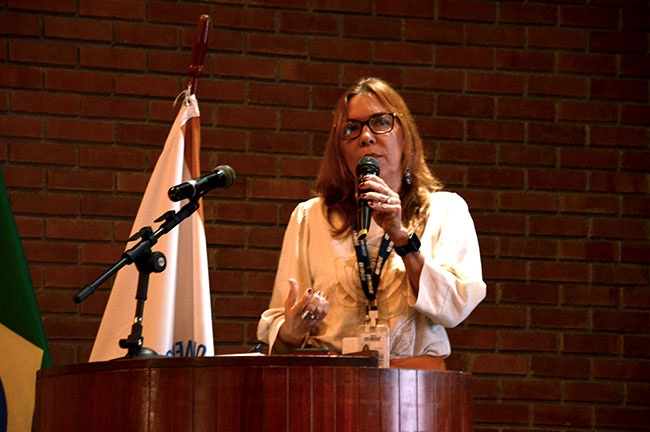
She explained that the IBGE has been aligning itself with the global debate using reference frameworks due to the necessity of creating comparability parameters. One example is the United Nations Integrated Geospatial Information Framework (UN-IGIF), divided into the pillars of governance, technology and people. "Structured at the UN, the UN-IGIF is a reference for developing, integrating, strengthening and maximizing data", added Ivone, stressing that geospatial information, presented as an integrated structure, is a national information resource that represents an asset for governments. "Location has always been an important parameter. Everything happens in a place and the better the maps, the better the decision-making. Maps have always been used historically. Nowadays, digital information adds value. Geospatial information reflects the digital version of the physical world", summarized the director of Geosciences.
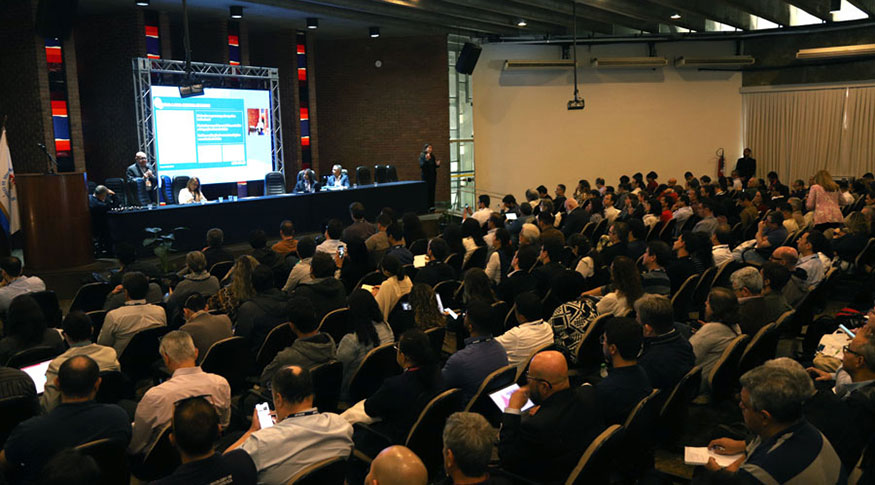
Rolando Ocampo, director of the Regional Statistics Division of the Economic Commission for Latin America and the Caribbean (ECLAC), emphasized the importance of being aligned with the international models and technical standards. ECLAC is working to create an ecosystem of data integration and interoperability, and to strengthen national capacities for the implementation of statistical geoportals.
“The Ecosystem began in 2006 with a database. In 2013, we launched the first Geoportal. In 2020, we launched the statistical yearbook and the following year we began the debate to update the ecosystem, launching the new CepalGeo portal in 2023. It is crucial that we make progress in integrating data from the Latin American and Caribbean region. The update needs to be done constantly and we need to strengthen capacities and collaboration between the INES. The IBGE has a fundamental role in supporting other countries”, said Ocampo.
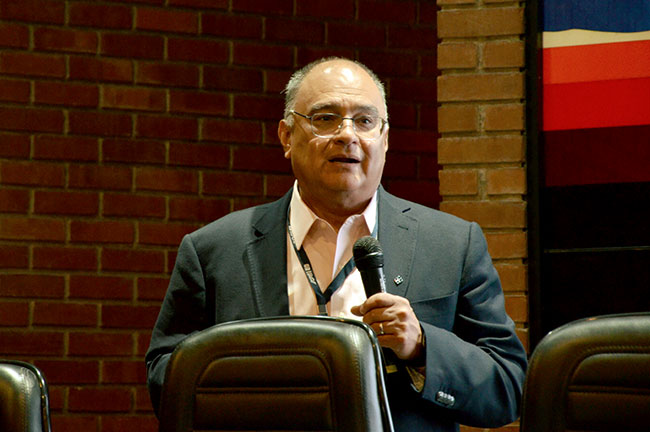
For Alexandre Barbosa, manager of the Regional Center for Studies on the Development of the Information Society at the Information and Coordination Center of Ponto BR (CETIC/NIC.br), there are two basic concepts of the new governance in the era of digital transformation: interoperability and sharing. "In 2017, at the UN Conference in Cape Town, three objectives were set: modernizing governance, updating statistical standards and facilitating the application of new technologies”, said Barbosa, pointing out that moving towards a data culture is a pressure of the 2030 Agenda.
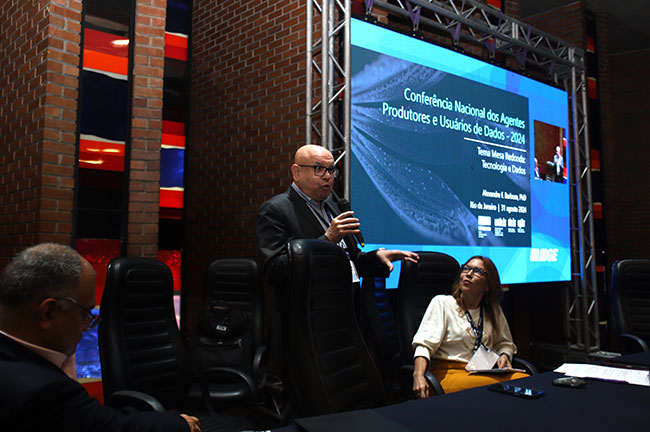
Alan Santos, Relationship and Business Director at Dataprev, highlighted that data is the major topic for discussion for the digital transformation of the government, which is seeking ways to connect different information in order to offer public services. "Dataprev started with data for the Social Security system, which is now used for other services. The Meu INSS app has 72 million accesses per month and more than 100 types of services, 40% of which are decided automatically. As we connect new data, we create shortcuts for public policies. One example was the challenge of helping to provide a response to the disaster in Rio Grande do Sul, where we made it possible to offer 13 services. In just a few days, we were able to assist 300,000 people, a figure that now stands at 400,000," said Santos.
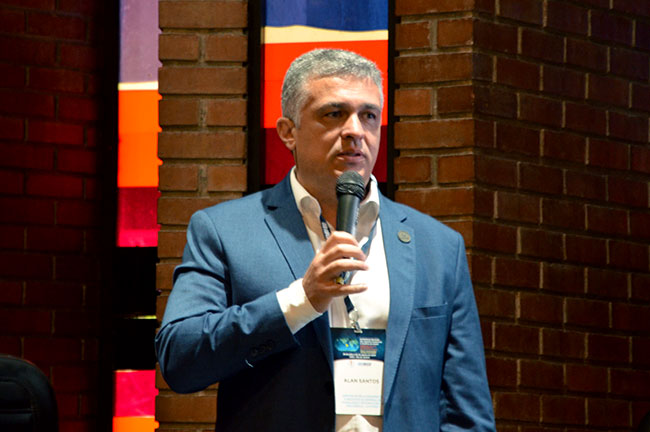
Leonardo Souza, head of the Energy Statistics Section of the United Nations Statistics Division, highlighted the importance of the IBGE in the global statistics community. "In the UN Statistics Division we have a few lines of work such as the compilation and dissemination of global information, the development of statistical norms and standards and support for countries to develop their national statistical systems, and international cooperation with the coordination of statistical activities. We have a special relationship with the IBGE. In 2010, we went to Cape Verde to improve INE's national accounts and the IBGE was already there providing consultancy", concluded Souza.
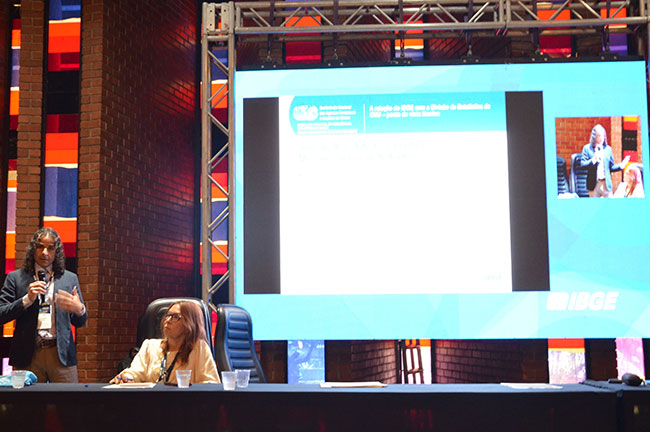
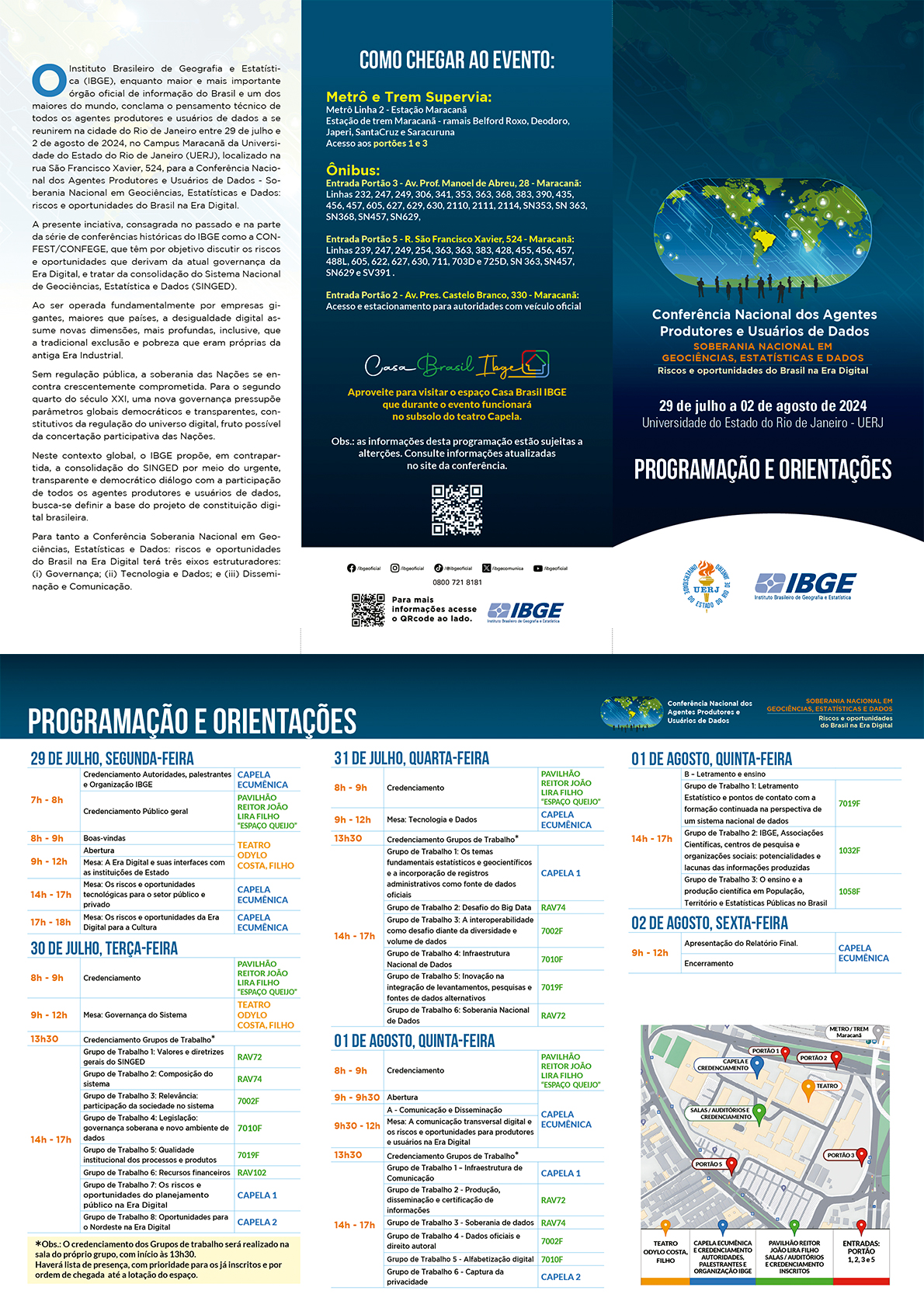
National Conference of Data Producers and Users Venue: State University of Rio de Janeiro (UERJ)
Date: July 29 - August 02
Streamed on: Digital IBGE (ibge.gov.br) and Webex, for registered participants
Registration: Loja IBGE
Information: Conference website (eventos.ibge.gov.br/conferencia-soberania-nacional)
Document for the debate: (eventos.ibge.gov.br/conferencia-soberania-nacional/documento-para-o-dialogo)



